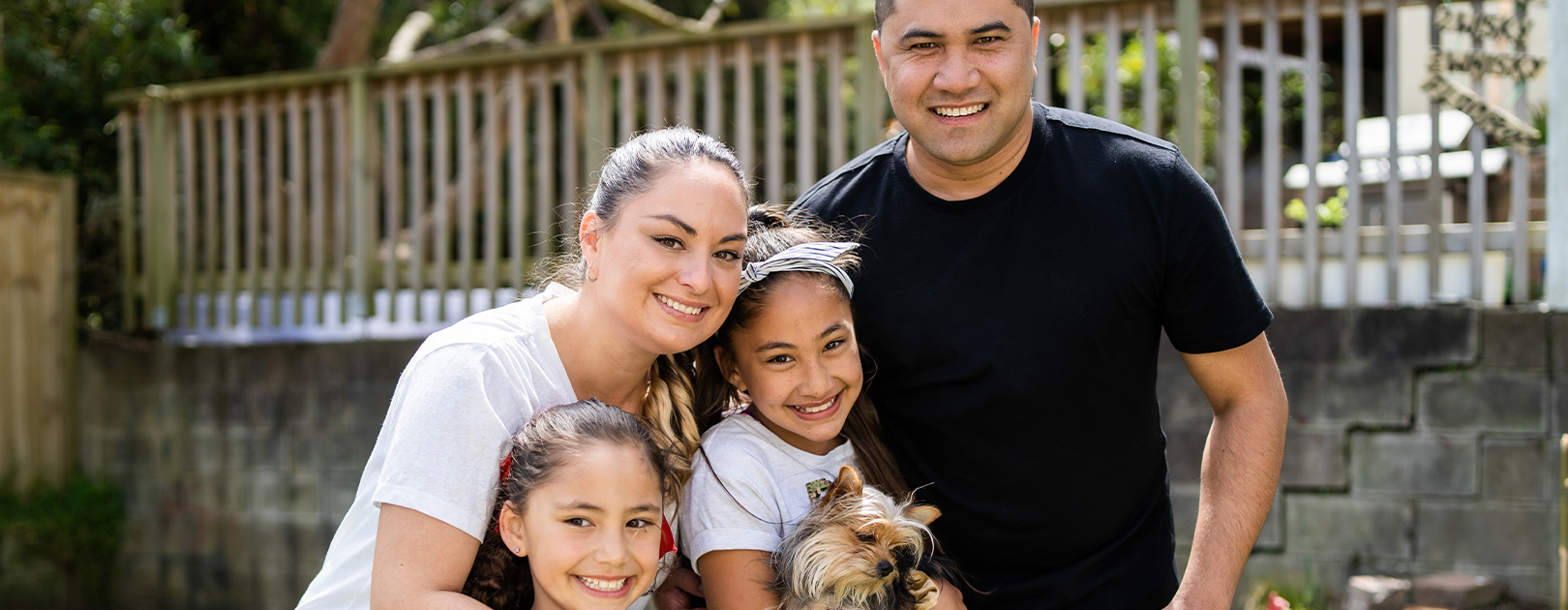Do you or your family have any old-fashioned life insurance policies?

Recently we have had a number of enquiries from people who have old Endowment Life Insurance Policies or Whole of Life Insurance Policies. They have wanted to know more about these policies, how they work, and what to do with them.
You or your family may have one of these. They were often bought by family members, for example for young children by their parents or their grandparents. Alternatively, if you’ve been around a while, you may have bought them yourselves to cover an early mortgage or to provide for family members in the event of your death. They were often bought as an education fund for children. If you still have these, they have a value for use either now or in the future. There are two main policy types
Endowment insurance: A type of life insurance that offers a death benefit and accumulates cash value with a specific maturity date. If the life assured lives to the maturity date the policy pays out as if the person had died.
Whole of Life Insurance: A type of life insurance that offers a death benefit and accumulates cash value. Whole life insurance policies generally have a fixed annual premium that does not rise over the duration of the policy. A couple of decades ago, or even earlier, taking out a whole-of-life insurance policy was seen to be a great way to provide protection for a partner and children while also building up an investment asset that could be borrowed against or cashed up.
Whole-of-life insurance is designed to last as long as you do; that is, the insurance cover keeps going until you die. At this time, a lump sum is paid out to your estate. In contrast, term life cover runs for a set period of time and has no cash value.
The important thing is to make an informed decision about what you want to do with these policies, and of course it pays to seek professional advice.
The modern trend is to keep life insurance and investment separate, and most people prefer the transparency of this. It is also cheaper in the short-term to buy term life insurance without the investment component.
However, this does not undermine the value of an Endowment or Whole of Life policy to the holder/insured person. Some people will just stop paying the premiums, or over the years their bank account change may not have been notified and the unpaid premiums become a loan against the policy with interest payable. It is often better to pay the back premiums and keep the policy in place, sell the policy, cash it in, or convert a Whole of Life policy to an Endowment policy with a maturity of, say five years and then receive the cash which could be more than just cashing it in.
The important thing is to see if you have one of these older policies and then make an informed decision about what to do with it.
There are many policies still out there which are in force just by default. The premiums are often small and continue to be paid.
Do you have a windfall waiting?